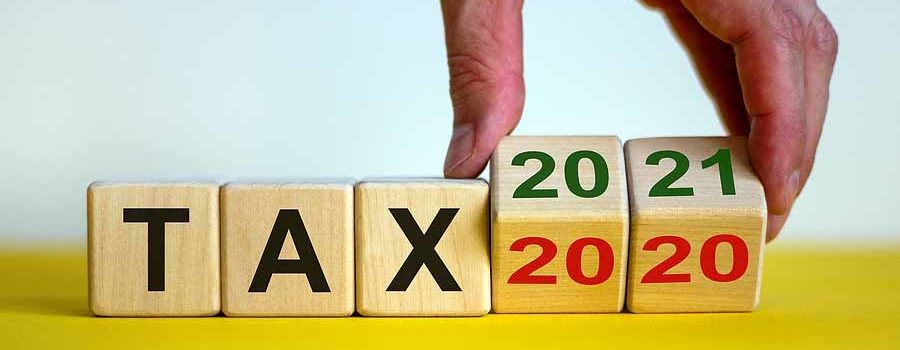PPP & Taxes: What You Should Know
The Paycheck Protection Program (PPP), a $669 billion lifeline to America’s businesses and nonprofits passed in March, provided assistance to more than 5 million borrowers.
Which means, over the next few months, millions of U.S. small businesses are going to be trying to figure out the tax implications of their PPP loans.
Fortunately, those tax implications are much more muted than they were just a couple months ago. Thanks to a late 2020 relief package, there will be little to no tax pain for businesses that had to borrow under this program.
The PPP and Your Taxes
If you took out a loan under the Paycheck Protection Program in 2020, here are some of the most important aspects as it pertains to the IRS:
- PPP Funds Are Not Taxable Income: The Coronavirus Response and Relief Supplemental Appropriations Act (CRRSAA) of 2021, passed in late December 2020, clarified a vital point for loan holders: Forgiven PPP loan monies do not constitute taxable income.
- PPP Funds Cannot Be Used to Pay Business Taxes: The Paycheck Protection Program (both the original PPP from March, as well as the new PPP2 program) was created to cover payroll as well as a few other qualified expenses such as rent, utilities and mortgage interest. However, business taxes are not included among those expenses.
- You Can Write Off Certain Qualified Expenses: Also thanks to the CRRSAA, businesses may now write off certain business expenses that they paid for using PPP funds. That was a reversal of the original rules outlined in the CARES Act.
- You Can Still Qualify for the ERTC: Another benefit that came out of the CRRSAA: Small businesses that were granted a PPP loan can still obtain the Employee Retention Tax Credit (ERTC) for tax years 2020 and 2021. That said, the ERTC can only cover payroll expenses not paid for by PPP funds.
- You Can Defer Payroll Taxes: The PPP Flexibility Act gave businesses who took out a PPP loan the ability to defer payroll taxes from March 27, 2020, through Dec. 31, 2020, even after the loan was forgiven. Businesses who have chosen to defer taxes must pay half back by the end of 2021, and the rest by the end of 2022.
Are You Prepared for Tax Season?
Many small businesses are just barely hanging in there after a trying 2020, so two things are clear now that we’ve made it to 2021: Most companies likely can’t afford to get on the IRS’s bad side, and most companies can’t afford to leave tax breaks on the table.
We can help you with both.
McManamon & Co. offers expert tax services to small and midsized businesses, from basic filings to payroll taxes to compliance services and more. And for those companies that like to think longer-term, we can help you craft tax strategies each year to capture a wide range of breaks and credits.
If you need help navigating the tax implications of your PPP funds or other events from the past year, get in touch. You can call McManamon at 440.892.8900 or contact us online today.
| Posted in Financing, PPP, small business taxes
